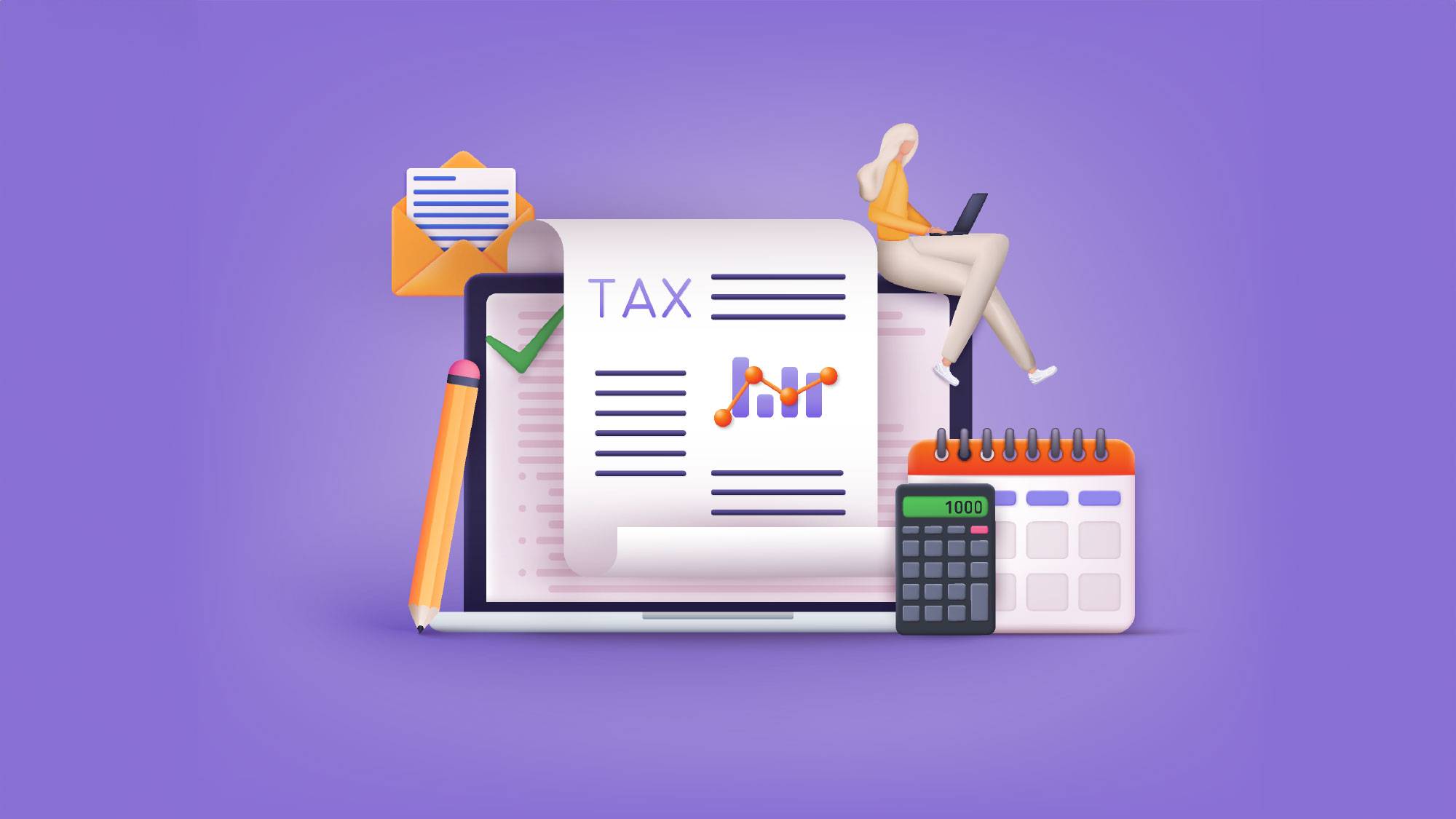Self-Study
S Corporation Tax Guide
Clear guide to S Corporation Tax Strategy and Structure. Optimize tax advantages and shareholder benefits while navigating essential compliance requirements for business protection.

$58.00 – $78.00
Webcasts are available for viewing Monday – Saturday, 8am – 8pm ET.
Without FlexCast, you must start with enough time to finish. (1 Hr/Credit)
Please fill out the form below and we will reach out as soon as possible.
CPE Credits
2 Credits: Taxes
Course Level
Overview
Format
Self-Study
Course Description
Many company owners want to reduce their income taxes and be shielded from creditor claims. A good way to do this is with the S corporation structure. In the S Corporation Tax Guide, we discuss the advantages and disadvantages of S corporations, as well as how their income and losses are passed through to shareholders, how to handle deductible expenses, shareholder basis issues, distributions to shareholders, the sale of S corporation stock, tax planning, and much more. In short, this S Corporation taxation CPE course presents a concise analysis of the essential issues related to S corporations.
Learning Objectives
Upon successful completion of this course, participants will be able to:
- Recognize the advantages and disadvantages of using the S corporation structure.
- Specify the requirements for adopting the S corporation structure.
- Identify the types of trusts that can invest in an S corporation.
- Recognize all aspects of the election process to become an S corporation.
- Identify the requirements to re-qualify as an S corporation after the original status was terminated.
- Recognize how the various deductions are treated by an S corporation.
- Specify how the startup expenses of an S corporation are treated.
- Identify the circumstances under which an S corporation can be directly liable for income taxes.
- Recognize the components of passive investment income.
- Specify how pass-through income, losses, and so forth are allocated to shareholders.
- Specify the reason why the accumulated adjustments account is maintained by an S corporation.
- Identify the tax treatment of an S corporation liquidation.
Course Specifics
SS824373159
September 20, 2024
There are no prerequisites.
None
69
Compliance Information
IRS Provider Number: 0MYXB
IRS Course Number: 0MYXB-T-02450-24-S
IRS Federal Tax Law Credits: 2
CTEC Course Number: 2071-CE-2005
CTEC Federal Tax Law Credits: 2
CFP Notice: Not all courses that qualify for CFP® credit are registered by Western CPE. If a course does not have a CFP registration number in the compliance section, the continuing education will need to be individually reported with the CFP Board. For more information on the reporting process, required documentation, processing fee, etc., contact the CFP Board. CFP Professionals must take each course in it’s entirety, the CFP Board DOES NOT accept partial credits for courses.
CTEC Notice: California Tax Education Council DOES NOT allow partial credit, course must be taken in entirety. Western CPE has been approved by the California Tax Education Council to offer continuing education courses that count as credit towards the annual “continuing education” requirement imposed by the State of California for CTEC Registered Tax Preparers. A listing of additional requirements to register as a tax preparer may be obtained by contacting CTEC at P.O. Box 2890, Sacramento, CA, 95812-2890, by phone toll-free at (877) 850-2832, or on the Internet at www.ctec.org.
Meet The Experts

Steven M. Bragg, CPA, is a full-time book and course author who has written more than 300 business books and courses. He provides Western CPE with self-study courses in the areas of accounting and finance, with an emphasis on the practical application of accounting standards and management techniques. A sampling of his courses include the The New Controller Guidebook, The GAAP Guidebook, Accountants’ Guidebook, and Closing the Books: An Accountant’s Guide. He also manages the Accounting Best Practices podcast. Steven has been the CFO or controller of both public and private companies and has been a consulting manager with Ernst & Young and …



